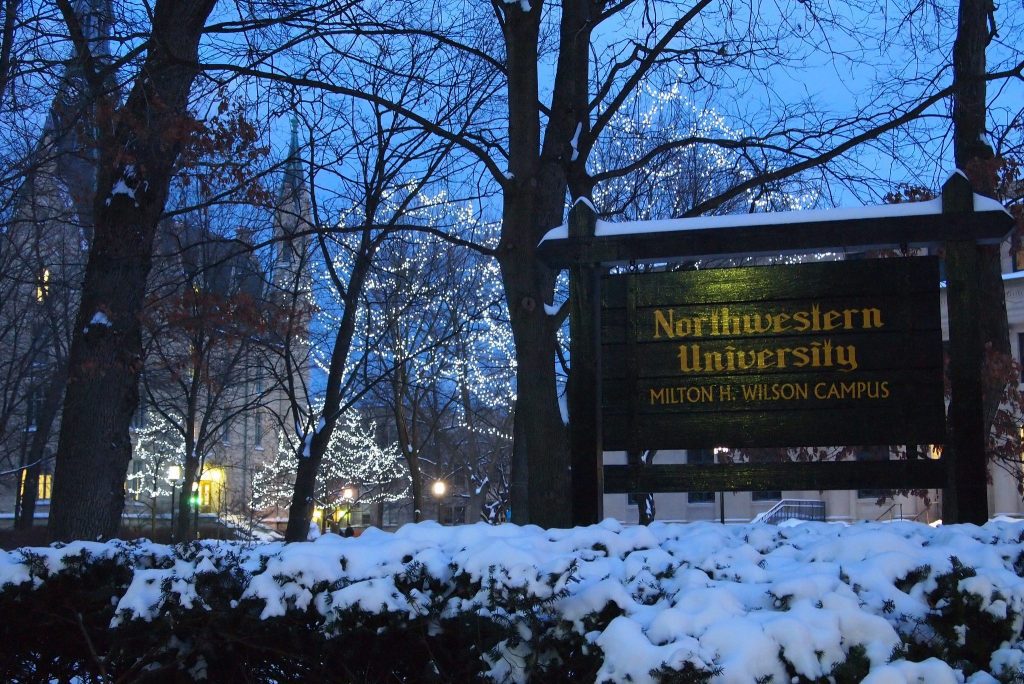Hilton Hall? Colleges Consider Hotels as Dormitories to Speed Up Return to Campus

Skift Take
Neighborhood hotels could play a vital role assisting colleges and universities in their ability to reopen campuses to students in time for the fall semester.
Higher education institutions are weighing various scenarios of what the 2020-2021 academic year will look like, especially during a global pandemic where a vaccine is not readily available. Many colleges and universities in the U.S. ended on-campus learning in the middle of spring semester due to coronavirus but are now committing to reopening campus in the fall.
Social distancing and heightened safety standards are an essential condition in returning to group activities for the foreseeable future, and administrators are in talks with hotel operators to make student housing safe in the fall.
“We’ve had a team of folks that we’ve amplified calling on and talking to vice presidents of operations and finance and other operators at universities for several weeks,” Hilton Senior Vice President of Worldwide Sales Frank Passanante said. “We’re working hard to understand what they’re trying to accomplish, what decisions they’re having to make, and how we might play a role in helping solve those problems.”
Get the Latest on Coronavirus and the Travel Industry on Skift's Liveblog
The ability to house and educate students on a college campus in the fall may hinge on whether these institutions can space residents out beyond the confines of dormitories. The historic mode of student housing contains as many as three people in a room as big, if not smaller, than a hotel room. That could mean expanding the boundaries of student housing into a neighborhood hotel to accommodate the near-term socially distanced normal.
The leaders of higher education institutions like Northwestern University outside Chicago and the University of Northern Colorado have publicly said they are considering housing some students in hotels in the fall. But the hotel industry expects many more are considering the same.
“We definitely see it in the northeast, specifically in the Boston area and neighboring states, but we’ve also seen it on the West Coast and significantly in the southeast,” Passanante said. “We’ve seen it in every part of the country.”
Representatives with Northwestern and the University of Northern Colorado did not respond to Skift’s request for a comment. Beyond Hilton and Wyndham, several global hotel companies and industry organizations declined to go on the record but indicated talks are underway with universities about potential hotel-student housing deals in the fall.
With travel restrictions limiting study abroad programs through the rest of 2020, there is an anticipated higher-than-normal student population on campuses that do open in the fall. This has led a number of universities to reach out to owners and operators of Choice Hotels franchises about renting out a property during the fall semester, Choice Hotels President and CEO Patrick Pacious said in early May to CNBC.
Choice Hotels declined Skift’s request for an interview, saying it was too early to discuss specific deals.
“Right now it’s still a bit up in the air as schools decide how to approach learning in the fall,” Wyndham Hotels & Resorts Senior Vice President of Sales Carol Lynch said. “A good deal depends on the impact of Covid-19 in the particular state. Mid-June to July 1 appears to be the decision timeline for most institutions.”
Higher Education and Hotel Living
As with any potential guest, universities have a list of priorities when exploring what hotels to use as de facto dorms. Heightened cleaning and safety standards, security, proximity to campus, high-speed Wi-Fi, and food and beverage options have all been discussed regarding prospective higher education deals at Hilton, Passanante said.
Amenities like parking and fitness centers as well as modified room servicing are also included in discussions. Some universities do not want housekeeping services at all, Passanante added. Others are discussing weekly housekeeping or laundry access with Wyndham, Lynch said.
Talks span a variety of brands and price points and vary from requesting blocking off rooms or sections of a property to entire takeover deals, Lynch added. Given the long-term nature of the stay, universities are also adamant the set-up result in something closer to dorm living rather than just a group booking at a neighborhood hotel.
Meeting spaces could be transformed into lecture halls. Hospitality suites would be turned into study halls. Some schools want to use hotels as learning communities for certain groups like business or honors students.
“First and foremost, they’re looking for a true partner that understands this isn’t just about providing bedrooms for students,” Passanante said. “This is about becoming an auxiliary residence hall and becoming part of what they identify as a university.”
Neither Hilton nor Wyndham would comment on specific rates or pricing for the university partnerships. Often the request is for a fixed rate for the entire semester, in some cases with an option to extend through the spring semester, Lynch said. There are also requests for rates that would be similar to what a university would charge for on-campus student housing.
But just as this would benefit universities in their quest to return to normalcy as quickly as possible, these deals can provide hotels with much-needed occupancy after what is shaping to be the worst industry downturn in recorded history.
“Moving through the recovery phases and knowing occupancies in many markets would be somewhat depressed for some time, this is an opportunity for hotels to hold a base of business, which gets people back to work and provides a base level of occupancy where a hotel can then more quickly recover,” Passanante said.




